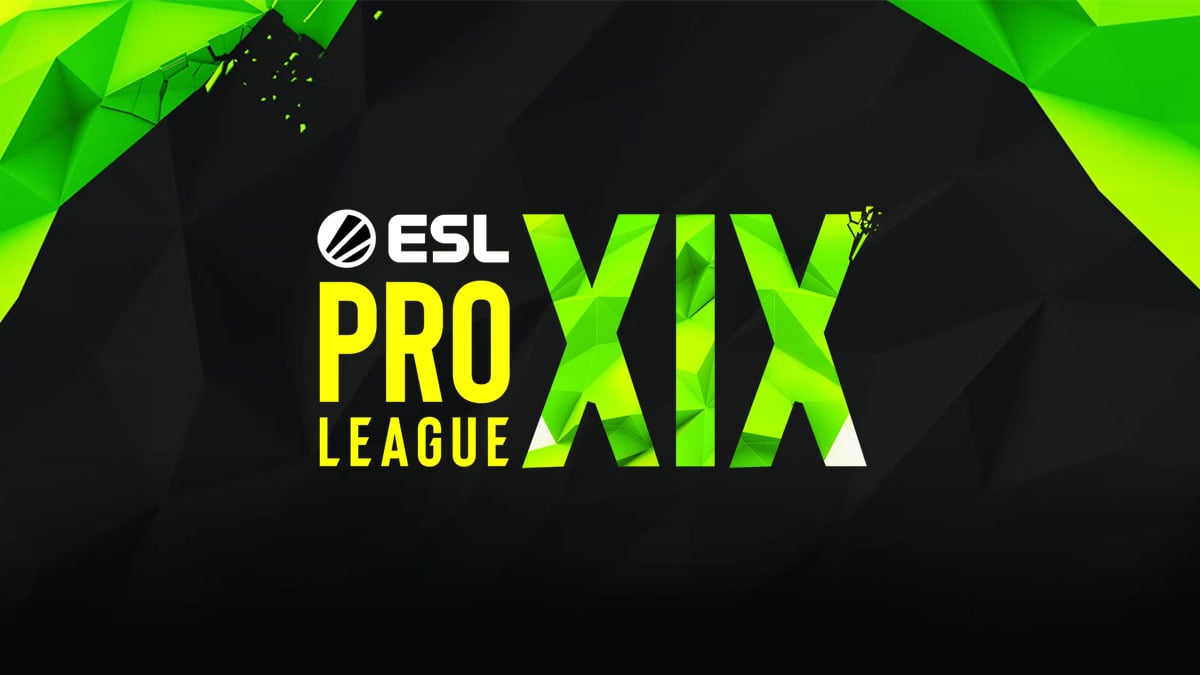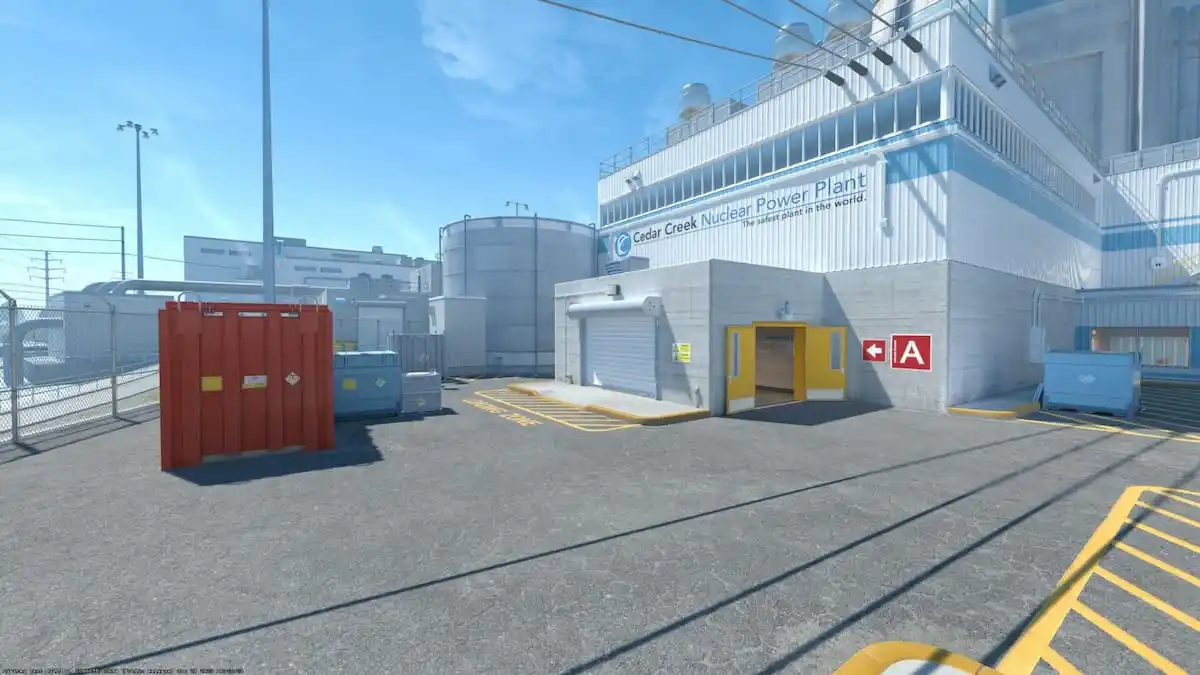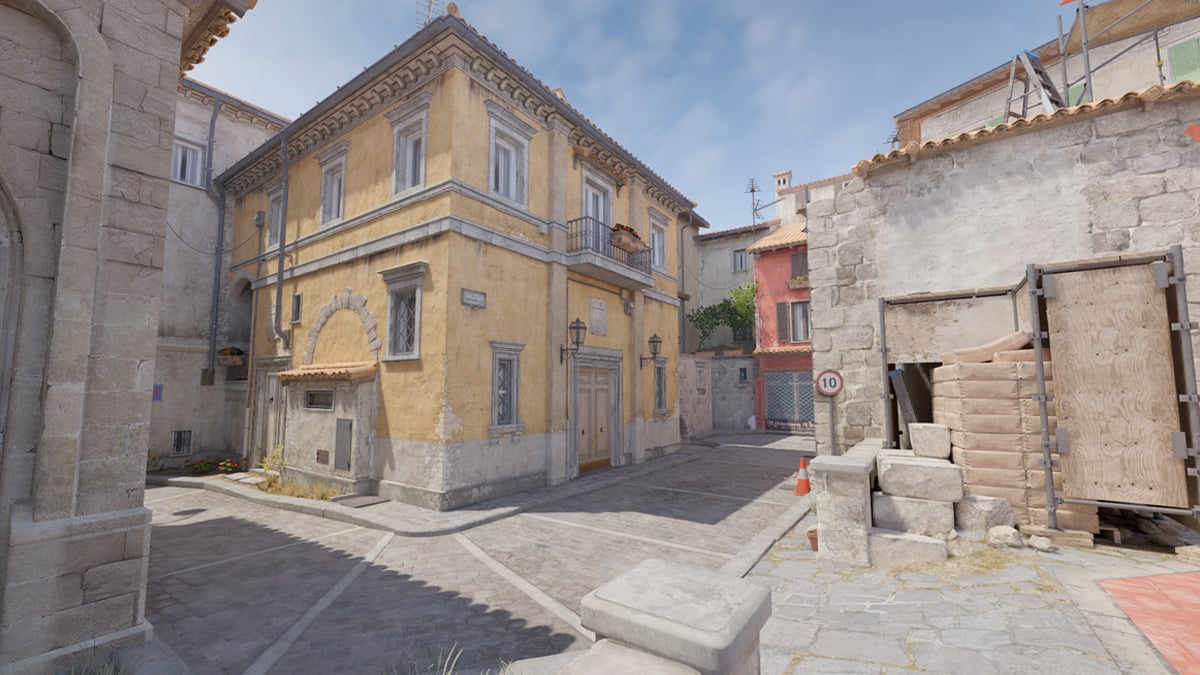If you think you had a bad night of gaming last night, be thankful it wasn’t quite as rough as the night had by Cloud9’s Counter-Strike team.
The squad was set to play three consecutive matches in three separate leagues: Lunatik in CEVO, Elevate in Faceit, and Team Liquid in ESEA. Unfortunately, the schedule did not play out quite as planned, in part due to recent attempts to clamp down on player tardiness.
DDOS attacks have plagued Cloud9 of late. Masking an IP address can prevent such attacks, but once an IP is discovered it needs to be changed, and two members of the team have had trouble doing so. One of those two, veteran Jordan “n0thing” Gilbert, found himself unable to play on Thursday night as a result.
This led to the team forfeiting their first match after playing a full half down one man. Cloud9 managed to field a substitute in their next match against Elevate, but ultimately lost in double-overtime by a margin of 26-20.
Faceit matches use lengthier overtime periods than most leagues, drawing the match out into a lengthy affair, well past the scheduled start time of Cloud9’s game against Team Liquid for ESEA. Despite both Cloud9 and Liquid asking to either delay or reschedule the match, ESEA refused to budge on the start time, says Cloud9. The match was forfeited.
Needless to say, Cloud9 was not happy about it. But it’s a difficult situation for all involved parties.
One of the most consistent problems in professional Counter-Strike are match delays that hit nearly every league and event. Fans take scheduled start times more as guidelines than a hard schedule, and that’s no way for a league to attract viewers. Leagues understandably want to curb this by expecting players to show up on time and be ready to play.
The problem with this approach is that different leagues competing for attention won’t always be working closely together to schedule out their matches. While issues such as those that hit Cloud9 on this night are legitimate, it’s a slippery slope when organizations begin making exceptions to their requirements for promptness.
Cloud9 likely could have done more to prepare for such an occurrence by preparing additional substitute players or taking further steps to protect themselves from DDOS attacks, but league officials such as those at ESEA need to consider when is the right time to put their foot down.
Teams delayed simply because another professional match is still ongoing should likely be given some leeway, even as leagues attempt to curb delays and better respect the time of their fans.
Photo via Jordan Gilbert/Facebook





